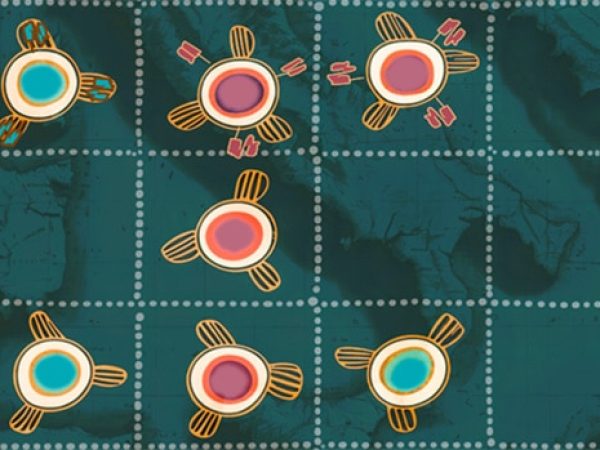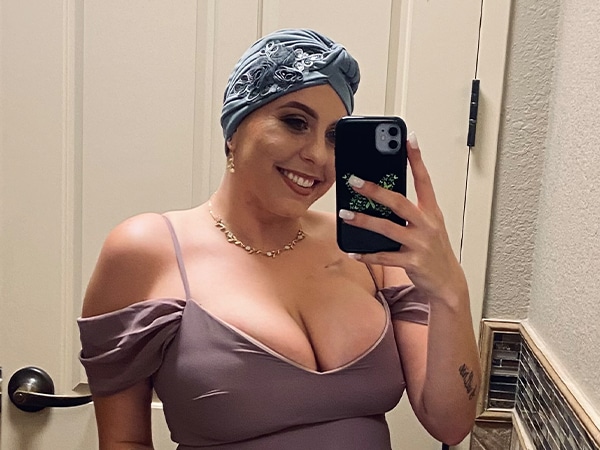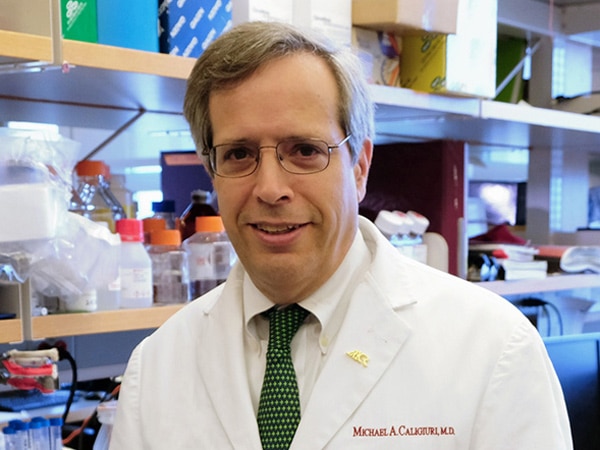Jim Newton
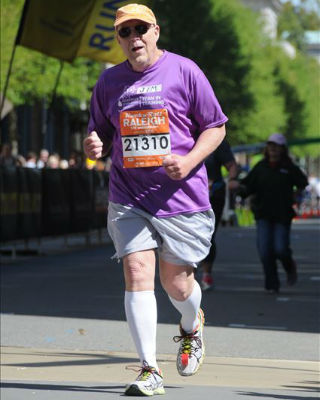
I have been a runner for 38 years and have covered over 45,000 miles while training for 17 marathons, 12 half marathons, and numerous other races. I felt I was immune from cancer.
In April 2014, I went to my doctor for swelling in my neck. When he said, “wow,” I knew it wasn’t good. He immediately scheduled a CT scan and a lymph node biopsy. The results came back mantle cell lymphoma (MCL), a form of non-Hodgkin lymphoma.
MCL is a rare blood cancer found mostly in males over 60.
I then went to my local oncologist and she recommended I go to the University of Pennsylvania Abramson Cancer Center after a bone marrow biopsy, a PET scan, and an endoscopy and colonoscopy also showed MCL.
My oncologist gave me three choices: the traditional R-CHOP chemotherapy with stem cell transplant (75-percent in remission); a two-drug chemo scheme (showing 85-percent remission); or a new scheme of a daily Revlimid pill with a bi-monthly infusion of Rituxan, which had just come off clinical trials and showed a potential 100% remission. What choice was there? I began treatment in mid-July.
I did not want to let the treatment get me down, so I continued my training. I targeted the Chicago Marathon for my big run and began to raise funds through Team in Training (TNT), but my response to the chemo was not what I wanted. On Thanksgiving, I finished the Skinny Turkey Half Marathon in Raleigh, NC in 3:31.
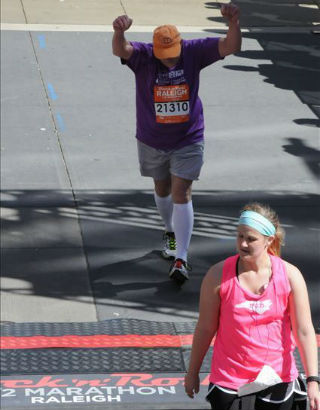
The doctors then scheduled more tests for March to check on the progress of the treatment. The bone marrow biopsy and the PET scan showed I had no signs of MCL.
I signed up for the Rock ‘n’ Roll DC Half Marathon with TNT. I was honored by TNT at their Inspiration Dinner and was able to report on my progress. I completed the DC Half in 3:26 in a cold rain.
In April (one year after diagnosis) I completed the Rock ‘n’ Roll Raleigh Half Marathon in 3:17.
Just recently I met my oncologist and she described me as her Poster Boy, and that I am now in remission. Praise God. I always knew I would beat this cancer. Until future research allows my good cells to destroy the cancer cells, it will always be in my body, but I will continue to claim the victory.


